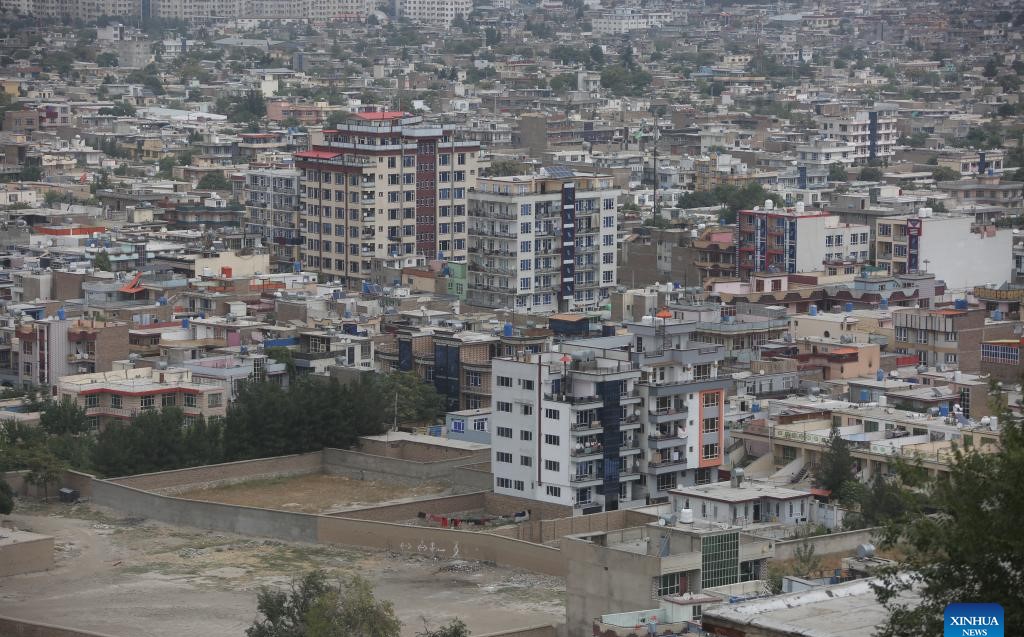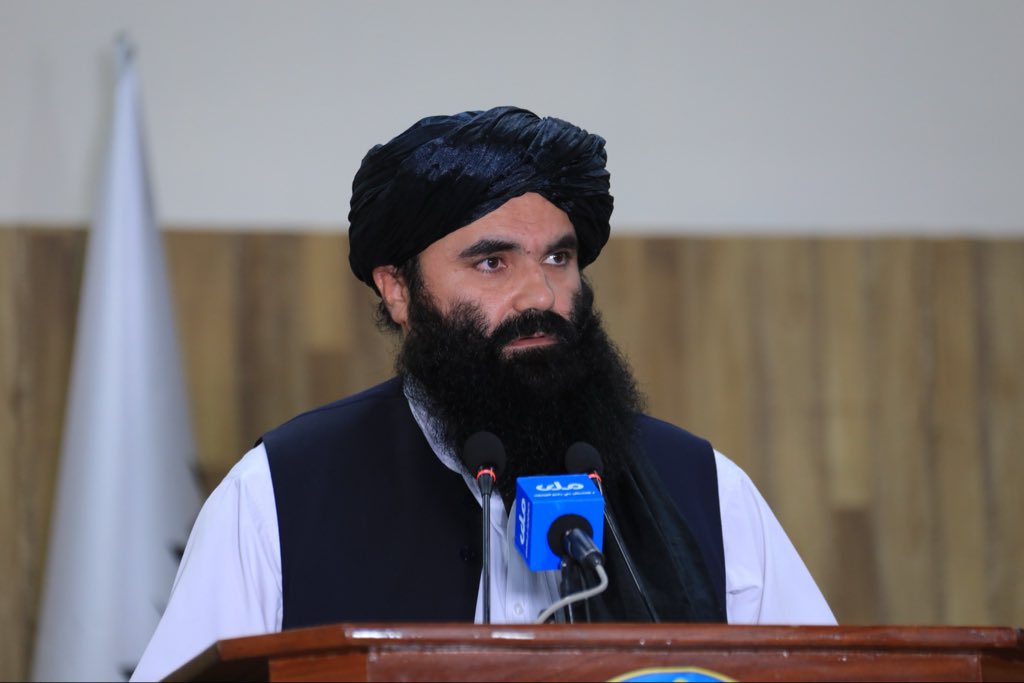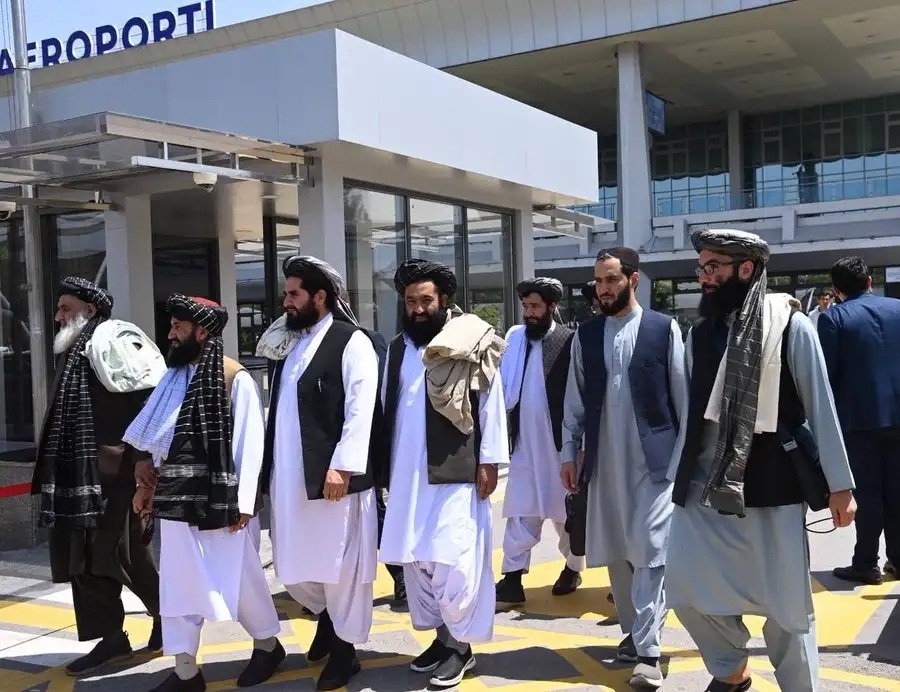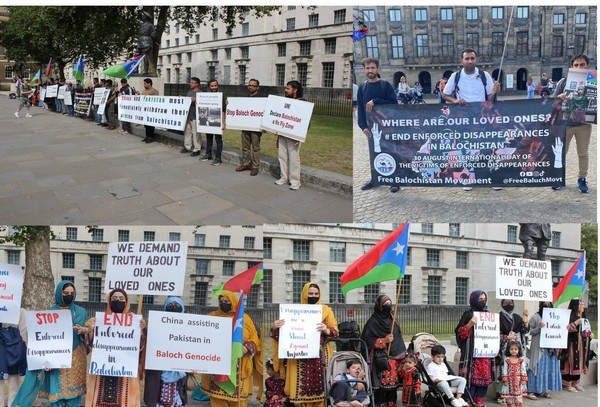While the U.S. exit brought an end to active warfare, it also led to severe economic sanctions that have pushed the war-torn country to the brink of collapse, making the path to reconstruction fraught with challenges…reports Asian Lite News
Three years after the U.S.-led troops withdrew from Afghanistan, the country remains deeply scarred by 20 years of war and struggles to rebuild amid an economic collapse exacerbated by international sanctions.
In Kabul, the Afghan capital, hundreds of trucks lined the road leading to the southern city of Kandahar. In a makeshift tent, Zubair, a truck driver, clutched a number card, waiting for a job assignment. It had been over 40 days since his last trip.
Despite surviving the war, he and many other long-haul drivers now face a different struggle — economic hardship.
On Aug. 30, 2021, the United States terminated its 20-year military presence in Afghanistan, a conflict devastated the nation.
While the U.S. exit brought an end to active warfare, it also led to severe economic sanctions that have pushed the war-torn country to the brink of collapse, making the path to reconstruction fraught with challenges.
Zubair recalled that 10 years ago when he first started hauling freight across Afghanistan, he had three close friends with whom he often traveled. Five years ago, as their trucks crossed a bridge, a U.S. bomb struck, killing his three friends instantly. Zubair narrowly escaped death.
“We were in fear day and night, there was war in every district and every village, there were mines in every area, and 10 drivers were killed in a day,” he said.
Many Afghan truck drivers share similar harrowing experiences. Some survived the conflict, only to suffer from severe psychological trauma.
The 20-year conflict inflicted by U.S. forces caused incalculable damage to Afghanistan and its people. Over 174,000 Afghans, including more than 30,000 civilians, lost their lives during the war, and nearly a third of the population was displaced.
According to the Cluster Munition Coalition, from 2001 to 2002 the U.S. forces dropped 1,228 cluster bombs containing 248,056 bomblets in Afghanistan. Some unexploded bombs are still posing a big threat to Afghan civilians and reports of children being killed by them can be heard every month.
Afghanistan’s infrastructure was destroyed by the war, making economic development difficult and leaving millions struggling to survive. According to the International Monetary Fund, Afghanistan’s per capita GDP never exceeded 700 U.S. dollars during the 20 years of U.S. military occupation.
Since the war ended, Afghanistan has experienced a significant reduction in violence and a relative period of peace. According to the Global Terrorism Index, terror deaths fell by 519 in Afghanistan in 2023, an 81-percent improvement. This was the first year since 2019 that Afghanistan has not been the country most impacted by terrorism.
Najibullah Arman, a veteran Afghan journalist and political analyst, remarked that during the 20 years of U.S. occupation, media coverage was dominated by reports of bloodshed and violence. The end of the war has brought a noticeable improvement in the country’s security situation, and domestic news is no longer as oppressive.
“When we’re on the road now, there are no U.S. warplanes overhead, and we don’t have to fear the explosions and gunfire that were a constant threat during the war,” Zubair said, reflecting on the peace that has emerged over the past three years.
Despite the end of active conflict, Afghanistan’s reconstruction faces immense challenges. The country urgently needs rebuilding, but U.S. sanctions and other economic pressure have made the task even more daunting, as they have led to a brain drain, a shortage of foreign currency and severe constraints on Afghanistan’s economic development.
A World Bank report in April highlighted the country’s sluggish economic performance, noting that food prices had dropped by 14.4 percent year on year in February, while non-food prices fell by 4.4 percent — a sign of deflation in an economy already struggling to recover.
Arman pointed out that U.S. sanctions on the banking sector have made it difficult for foreign capital to enter the country, stalling large-scale investment projects and severely hindering the national reconstruction process.
U.S. President Joe Biden in 2022 issued an executive order allocating half of the 7 billion U.S. dollars in frozen Afghan central bank assets in their country to compensate victims of the 9/11 attacks. This move has been widely criticized in Afghanistan, where many see it as an unjust act that has exacerbated the hardships faced by ordinary Afghans.
An estimated 23.7 million Afghans require humanitarian aid in 2024 — more than half of the country’s population, with a staggering nine out of 10 people living in poverty. The Afghanistan Humanitarian Needs and Response Plan 2024 necessitates 3.06 billion U.S. dollars to 17.3 million Afghans targeted for assistance, but it had only received 16.2 percent of the required funds as of May 15.
“The real victims of these sanctions are the Afghan people,” Arman said. “It’s simply unfair.”
ALSO READ: ‘Violent’ Mixed Martial Arts Banned In Afghanistan














